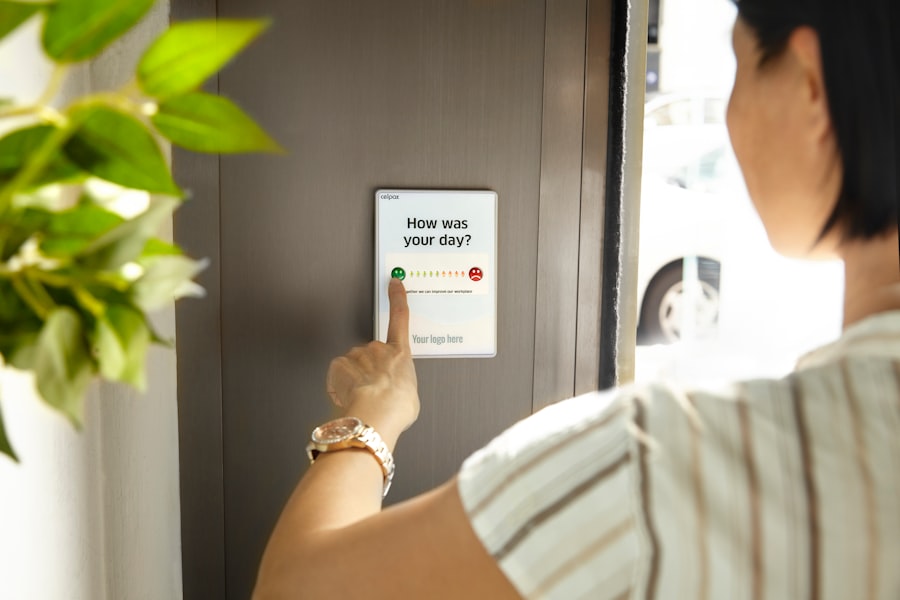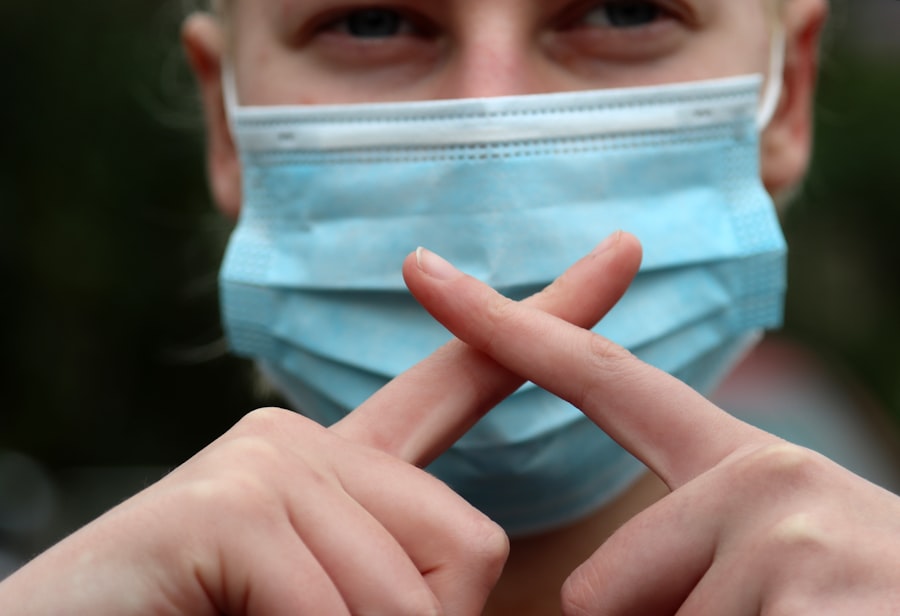Bird flu, or avian influenza, is a highly infectious viral disease affecting various bird species. Transmission occurs through direct contact with infected birds or via contaminated surfaces, equipment, or clothing. Some strains can infect humans, presenting a significant public health concern.
Different strains of bird flu exist, varying in severity. The H5N1 strain is particularly alarming due to its high mortality rate in both birds and humans. The impact of bird flu extends beyond animal health, carrying substantial economic consequences.
Outbreaks can necessitate the culling of infected birds, lead to trade restrictions, and result in financial losses for poultry farmers. Poultry owners must be vigilant about the threat of bird flu and implement preventive measures to curb its spread within their flocks and to neighboring bird populations. Comprehending the potential ramifications of bird flu and adopting appropriate preventive strategies is essential for safeguarding the health of both avian and human populations.
Table of Contents
Key Takeaways
- Bird flu poses a serious threat to poultry and can also affect humans
- Biosecurity measures such as controlling access to your farm and disinfecting equipment can help prevent the spread of bird flu
- Vaccinating your chickens can provide additional protection against bird flu
- Regularly monitor your chickens for symptoms of bird flu such as coughing, sneezing, and a drop in egg production
- Properly dispose of dead birds by either burning or burying them to prevent the spread of infection
- Keep wild birds away from your chickens by using physical barriers and minimizing food and water sources
- Seek veterinary guidance if you suspect bird flu or have any concerns about the health of your chickens
Implementing biosecurity measures
Controlling Access and Movement
Limiting the movement of people, vehicles, and equipment onto your property is essential in preventing the introduction of the virus. This can be achieved by controlling access to your property and ensuring that all visitors, including farm workers and delivery personnel, follow strict hygiene practices.
Maintaining Clean and Disinfected Facilities
Keeping your poultry housing clean and disinfected is vital in preventing the spread of the virus within your flock. Regular cleaning and disinfection of all areas, including feeders, waterers, and equipment, can help reduce the risk of transmission.
Preventing Contact with Wild Birds
Wild birds can carry the virus and transmit it to domestic poultry, making it essential to limit contact between the two. This can be achieved by using physical barriers such as netting or fencing, as well as keeping feed and water sources covered to prevent wild birds from accessing them. By implementing these biosecurity measures, poultry owners can reduce the risk of a bird flu outbreak on their property and protect the health of their flock.
Vaccinating your chickens

Vaccinating your chickens against bird flu is an important step in preventing the spread of the virus within your flock. There are several different vaccines available that can provide protection against specific strains of bird flu. It is important to work with a veterinarian to determine which vaccine is most appropriate for your flock based on the specific risks in your area.
Vaccination can help reduce the severity of the disease if your birds are exposed to the virus and can also help prevent the spread of the virus to other birds. When vaccinating your chickens, it is important to follow the manufacturer’s instructions and work with a veterinarian to ensure that the vaccine is administered correctly. This may involve administering multiple doses of the vaccine at specific intervals to ensure that your birds are properly protected.
It is also important to keep detailed records of when each bird was vaccinated and which vaccine was used. By vaccinating your chickens against bird flu, you can help protect their health and reduce the risk of an outbreak on your property.
Monitoring for symptoms of bird flu
Monitoring for symptoms of bird flu is an important part of protecting the health of your flock. Early detection of the virus can help prevent its spread within your flock and to other birds in the area. Common symptoms of bird flu in chickens include respiratory distress, decreased egg production, swelling of the head and neck, and sudden death.
It is important to monitor your birds closely for any signs of illness and to seek veterinary guidance if you suspect that they may be infected with bird flu. In addition to monitoring for symptoms of bird flu, it is important to have a plan in place for testing and reporting any suspected cases of the virus. This may involve working with a veterinarian to collect samples from sick birds and submitting them to a diagnostic laboratory for testing.
If bird flu is confirmed in your flock, it is important to follow all recommended protocols for quarantine, culling infected birds, and disinfecting your property to prevent the spread of the virus. By monitoring for symptoms of bird flu and taking prompt action if it is suspected, poultry owners can help protect the health of their flock and prevent the spread of the virus.
Properly disposing of dead birds
Properly disposing of dead birds is an important biosecurity measure for preventing the spread of bird flu. If a bird in your flock dies, it is important to handle its remains carefully to reduce the risk of spreading the virus to other birds. This may involve wearing gloves and a mask when handling dead birds and placing their remains in a sealed plastic bag before disposing of them in a designated area away from your poultry housing.
It is important to follow all local regulations for the disposal of dead birds and to take steps to prevent scavenging by wild animals. In addition to properly disposing of dead birds, it is important to clean and disinfect any areas where dead birds were housed or handled. This can help reduce the risk of spreading the virus within your flock or to other birds in the area.
By taking these steps, poultry owners can help prevent the spread of bird flu and protect the health of their flock.
Keeping wild birds away from your chickens

Physical Barriers
Using physical barriers such as netting or fencing can help prevent wild birds from accessing your poultry housing or feed and water sources. This is a vital step in keeping your flock safe from the risk of bird flu.
Limiting Opportunities for Contact
In addition to physical barriers, it is essential to limit opportunities for wild birds to come into contact with your flock. This can be achieved by keeping your property clean and free of standing water, which can attract wild birds.
Maintenance and Cleanliness
Regularly cleaning up spilled feed and removing any debris or vegetation that could provide habitat for wild birds is also crucial. By taking these steps, poultry owners can help reduce the risk of a bird flu outbreak on their property and protect the health of their flock.
Seeking veterinary guidance
Seeking veterinary guidance is essential for protecting the health of your flock and preventing the spread of bird flu. A veterinarian can provide valuable advice on biosecurity measures, vaccination protocols, monitoring for symptoms of bird flu, and proper disposal of dead birds. They can also provide guidance on testing and reporting suspected cases of bird flu and recommend appropriate treatment options if an outbreak occurs in your flock.
In addition to seeking veterinary guidance for prevention and management of bird flu, it is important to establish a relationship with a veterinarian before an outbreak occurs. This can help ensure that you have access to timely advice and support if you suspect that your flock may be infected with bird flu. By working closely with a veterinarian, poultry owners can take proactive measures to protect the health of their flock and reduce the risk of a bird flu outbreak on their property.
In conclusion, understanding the threat of bird flu and taking proactive measures to prevent its spread within a poultry flock are essential for protecting the health and well-being of both birds and humans. By implementing biosecurity measures, vaccinating chickens, monitoring for symptoms of bird flu, properly disposing of dead birds, keeping wild birds away from chickens, and seeking veterinary guidance, poultry owners can reduce the risk of a bird flu outbreak on their property and protect their flock from this highly contagious viral disease.
If you’re looking for more information on keeping your chickens healthy, you might be interested in this article on how big a coop needs to be for a chicken. Ensuring your chickens have enough space and proper living conditions can help prevent the spread of diseases like bird flu.
FAQs
What is bird flu?
Bird flu, also known as avian influenza, is a viral infection that primarily affects birds. It can also infect humans and other animals in some cases.
How can chickens get bird flu?
Chickens can get bird flu through contact with infected birds, contaminated surfaces, or through the air. Wild birds, particularly waterfowl, are natural carriers of the virus and can spread it to domestic poultry.
What are the symptoms of bird flu in chickens?
Symptoms of bird flu in chickens can include respiratory distress, decreased egg production, swelling of the head, blue discoloration of the comb and wattles, and sudden death.
How can I prevent my chickens from getting bird flu?
To prevent bird flu in chickens, it’s important to practice good biosecurity measures, such as limiting contact with wild birds, keeping the coop and equipment clean, and monitoring the health of your flock regularly.
Can humans get bird flu from chickens?
Yes, humans can get bird flu from infected chickens, particularly through close contact with sick birds or their droppings. However, the risk of human infection is generally low.
What should I do if I suspect my chickens have bird flu?
If you suspect your chickens have bird flu, it’s important to contact your veterinarian or local animal health authorities immediately. They can provide guidance on testing, treatment, and biosecurity measures to prevent the spread of the virus.
Meet Walter, the feathered-friend fanatic of Florida! Nestled in the sunshine state, Walter struts through life with his feathered companions, clucking his way to happiness. With a coop that’s fancier than a five-star hotel, he’s the Don Juan of the chicken world. When he’s not teaching his hens to do the cha-cha, you’ll find him in a heated debate with his prized rooster, Sir Clucks-a-Lot. Walter’s poultry passion is no yolk; he’s the sunny-side-up guy you never knew you needed in your flock of friends!







